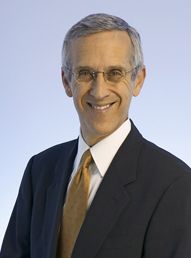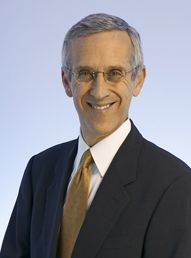
If you’re looking for rays of hope amidst the torrent of idiocy and bad news — not that I’m projecting — you could do worse than reading U.S. Climate Envoy Todd Stern’s speech to the recent international climate gathering in Bonn, Germany.
How’s this for a rousing beginning?
I am pleased to be here in Bonn today for this important session. As the President’s Special Envoy for Climate Change, I want to say on behalf of President Obama and his entire team that we are very glad to be back, we want to make up for lost time, and we are seized with the urgency of the task before us.
Boom.
This too:
You will not hear anyone on my team cast doubt upon or downplay the threat of global climate change. The science is clear, and the threat is real. The facts on the ground are outstripping the worst case scenarios. The costs of inaction—or inadequate actions—are unacceptable.
Right?
Stern goes on to propose five central principles around which coordinated international action on climate — centered around “science and pragmatism” — should be built:
- “First, we need a long-range vision that is guided by science.”
- “Second, the United States recognizes our unique responsibility both as the largest historic emitter of greenhouse gases and as a country with important human, financial, and technological capabilities and resources. America itself cannot provide the solution, but there is no solution without America.”
- “Third, there must be a global response, with truly significant actions by all major economies.”
- “Fourth, as part of our contribution, we have been working intensively on the question of how to establish a structure to ensure that significant funds flow to developing countries.”
- “Fifth, we need an agreement that is supported not simply by negotiators, but by the people we serve so it will enter into force with all countries participating. Ultimately, this is a political process, and politics is the art of the possible. We’ll get much further if we do not cling to arbitrary numbers or inflexible dogma.”
This is about exactly what one would like to hear a U.S. climate envoy say. But as is becoming more and more clear, it’s not nearly enough to have people singing from the right choir book. It’s one thing to see the road ahead and a very different thing to do the hard, slogging, thankless work of making real progress down that road. I wish I were more optimistic.


